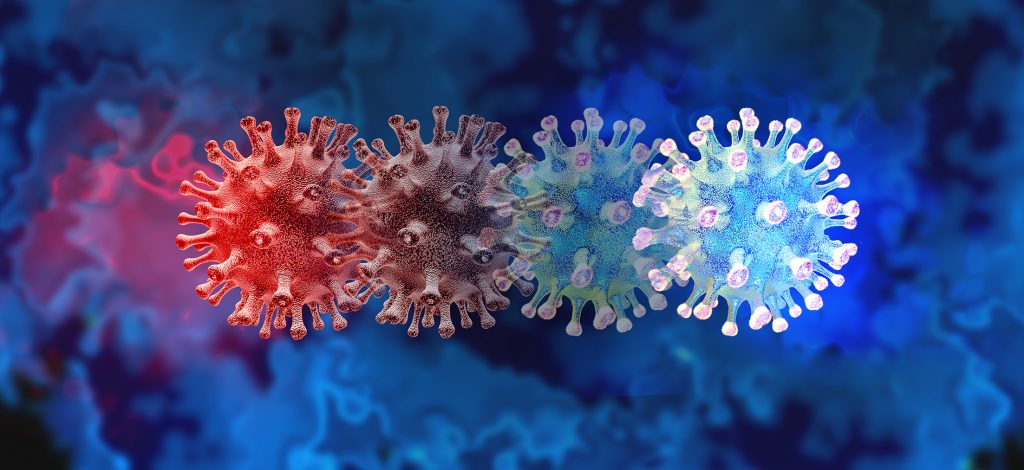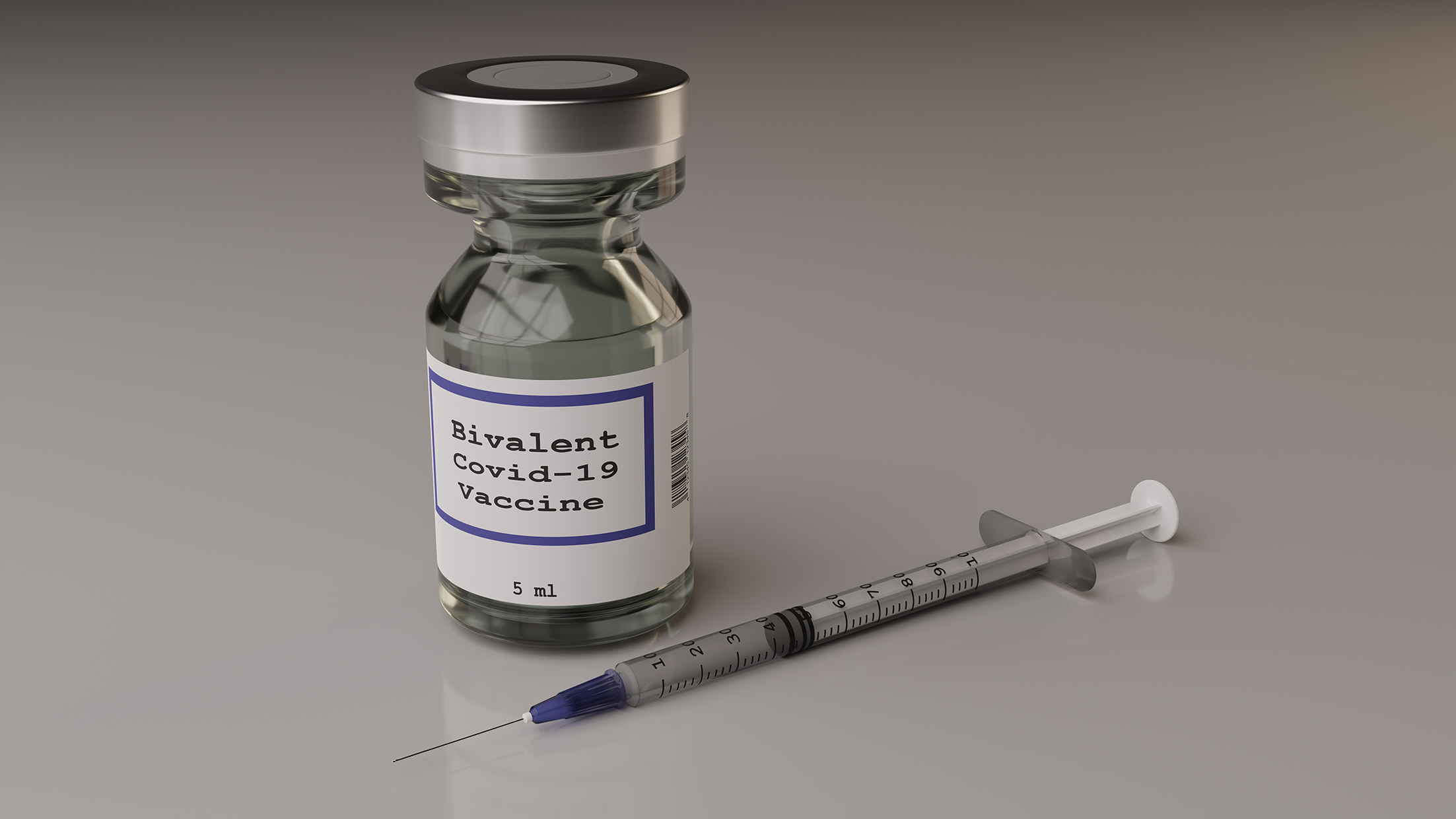A combination of prior infection and vaccination confers the strongest immune response against COVID-19 variants

Variants of SARS-CoV-2, the virus causing COVID-19, are constantly emerging and will likely continue to, driven by community carriers.1 Immunity to the virus is attained through vaccination or prior infection, which produces antibodies against the SARS-CoV-2 spike protein.2 However, viral mutation is inevitable and may lead to a risk of emergence of either a more transmissible variant, or one with spike protein mutations that could help it evade immunity.2 Initially detected in November 2021, Omicron is the most recent variant to be discovered. The rapid spread of Omicron infections raises concerns, with the infections accounting for approximately 59% of all COVID-19 cases in the United States as of 25 December 2021.3 Given its high transmissibility and >30 spike protein mutations, experts believe Omicron will soon replace the Delta variant as the globally dominant SARS-CoV-2 strain.4
Current data suggests that Omicron does not predispose to more severe disease compared to the original viral strain and earlier variants.4,5 However, as observed with the Delta variant, the rapid surge in cases and increased hospitalisation rates will pose a strain on healthcare systems, possibly increasing deaths, with the unvaccinated population being most vulnerable.6 The Alpha, Beta and Delta variants continue to be of concern, with some evidence suggesting that the Alpha variant predisposes to more severe disease.7 It is thus important for us to understand effectiveness of our current vaccines against emerging variants, and the level of protection resulting from prior infections.
Ibarrondo FJ and colleagues (University of California, LA) examined serum antibodies of 10 unvaccinated individuals with prior infection (before May 2020, preceding the period when variants appeared and became prevalent in the US) and 15 vaccinated individuals without prior infection.2 The serum neutralising activity of variants with common spike mutations was measured i.e., how effectively the antibodies in these sera could sequester the virus.2 The 10 individuals with previous infection were vaccinated approximately one year following symptoms onset, and their sera were re-tested.2 Most participants in either group received two doses of either the Pfizer-BioNTech or Moderna COVID-19 vaccines.
The study showed that2:
- Antibodies produced against the original SARS-CoV-2 sequence, whether from vaccination or prior infection, showed reduced neutralising activity against circulating spike mutants (compared to the original SARS-CoV-2 strain), such as those found in the Beta and Gamma variants.
- In the vaccinated group with no prior infection, neutralising potency was significantly reduced against variants with the spike mutation E484K (p=0.0023) or L452R (p=0.022), and variants with a combination of spike mutations K417T+E484K+N501Y and K417N+E484K+N501Y (p<0.0001 for both).
- Similarly, in the group with recent mild COVID-19 (mean, 31 days after symptom onset), neutralising potencies were significantly reduced against the four variants mentioned above (p=0.016, p=0.016, p=0.0002 and p=0.076 respectively).
- Prior infected population and those only vaccinated had similar susceptibilities to the different variants’ spike protein mutations, based on comparable neutralisation activities (correlation as measured via R2=0.82).
- Following vaccination, serum from the group with prior infection showed increased neutralising activity against variants.
- Neutralising activity hit an apparent ‘biologic ceiling’ with similar potencies to that observed against the original sequence.
- P values comparing neutralising potency from recent infection (mean, 31 days after symptom onset) and post-vaccination (about a year after infection) in this group ranged from 0.059 to 0.0003.
The findings from the Ibarrondo FJ et al. study suggest that prior exposure through infection confers greater protection when combined with added antigenic exposure through vaccination.2 This also points to the importance of booster shots, as these could improve vaccination efficacy against spike variants not just in quantity or antibody titre, but also the potency of antibodies produced.2
References
- Callaway E. Nature 2021;600:204-207.
- Ibarrondo FJ, et al. mBio 2021;doi:10.1128/mBio.02656-21
- Centers for Disease Control and Prevention. COVID Data Tracker – Variant Proportions. Available at: https://covid.cdc.gov/covid-data-tracker/#variant-proportions. Accessed 30 Dec 2021
- Begum S. Experts believe Omicron will soon displace Delta as the dominant global strain. Available at: https://www.straitstimes.com/singapore/health/experts-believe-omicron-will-soon-displace-delta-as-the-dominant-global-strain. Accessed 30 Dec 2021.
- Abdullah F, et al. Int J Infect Dis (In press).
- Kuehn BM. JAMA 2021;326:2251. [delta not as severe paper]
- Lauring AS, Malani PN. JAMA 2021;326:880.










